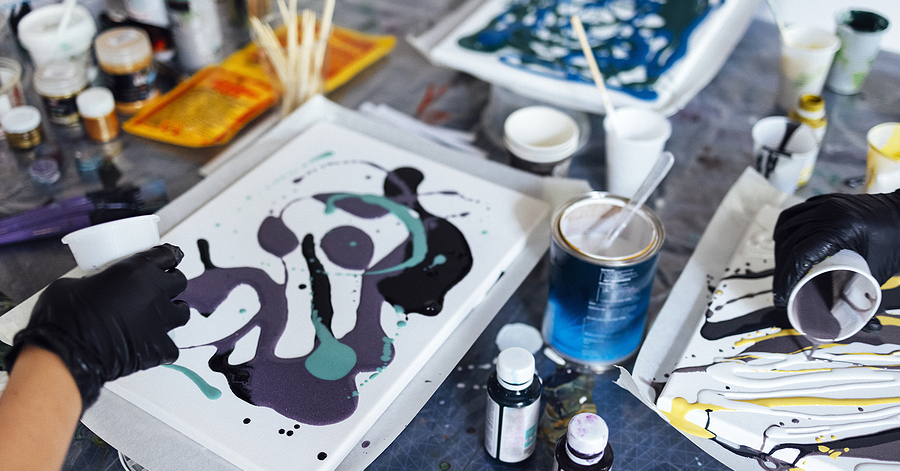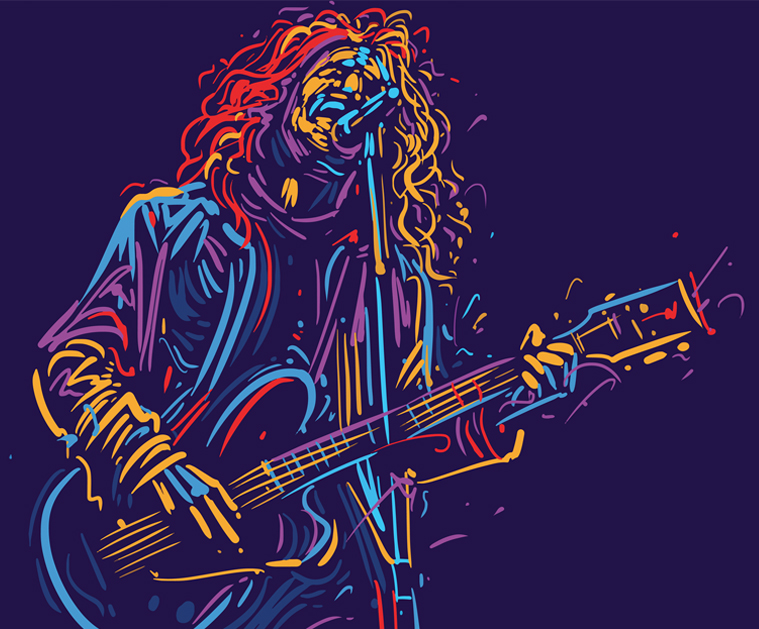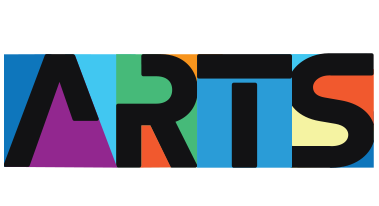East End Arts, a cornerstone in the local community, has long championed the myriad ways art contributes to mental health.
Our organization, through its art and music schools, galleries, and events, embodies the belief that art for mental health isn’t just a practice but a necessity, creating a tapestry of colors that enrich our minds.
Understanding Art Therapy
Definition of Art Therapy
Art Therapy, as defined by the American Art Therapy Association, is an integrative mental health and human services profession that enriches the lives of individuals, families, and communities through active art-making.
The practice, with roots tracing back to the mid-20th century, has evolved significantly, integrating various art forms to cater to diverse needs.
How Art Therapy Works
Art Therapy operates through a myriad of processes and techniques, utilizing different forms of art, including painting, drawing, sculpture, and music. It is not limited to any demographic and serves as a therapeutic medium for children, adults, and the elderly, addressing a spectrum of mental health issues.
Art for Mental Health – The Psychological Perspective
Art as a Form of Expression
Art, in its essence, is a powerful form of expression. It enables individuals to communicate complex emotions through colors and shapes, acting as a non-verbal communication tool. This facet is pivotal, especially when words fall short, offering a canvas for one’s emotional landscape.
The Impact of Art Creation on the Brain
From a neuroscientific standpoint, creating art triggers the release of endorphins and dopamine, contributing to mood elevation and stress reduction.
Studies focusing on cortisol levels have shown a significant decrease in stress markers among individuals engaged in art-making, underlining art’s therapeutic potential.
Benefits of Art for Mental Health
Enhanced Self-Esteem and Self-Discovery
Art possesses the ability to boost one’s confidence and facilitate a journey of self-discovery. Engaging in art helps individuals explore their inner thoughts and feelings, leading to a deeper understanding of the self and enhanced self-esteem.
Stress Reduction and Anxiety Management
Art serves as a relaxation technique, aiding in managing stress and anxiety. Multiple studies have reported participants experiencing reduced anxiety levels and an overall sense of calm, emphasizing the role of art in mental wellness.
Improved Emotional Regulation and Resilience
Art plays a crucial role in developing coping mechanisms, fostering emotional stability and resilience. Individuals immersed in artistic activities often showcase improved emotional regulation, with real-life examples affirming the enduring impact of art.
Challenges and Considerations in Using Art for Mental Health
Individual Differences in Artistic Expression
Artistic expression is inherently subjective. Diverse reactions to different forms of art necessitate personalized approaches in art therapy, ensuring that the therapeutic benefits are optimized for each individual.
Practical Tips for Incorporating Art into Daily Life for Better Mental Health
Creating Art at Home
Incorporating art into daily life can begin at home. For beginners, a step-by-step guide and a basic set of art supplies can set the stage for artistic exploration, offering a pathway to better mental health.
Participating in Community Art Programs
Joining programs offered by East End Arts can be a transformative experience. The sense of community engagement enriches the artistic journey, providing a supportive environment for exploring art for mental health.
The Future of Art and Mental Health
Technological Advances in Art Therapy
The integration of technology, such as virtual reality and online platforms, is reshaping art therapy. These advancements are expanding accessibility and offering innovative ways for individuals to explore art for mental health.
Research and Development
Ongoing research is delving deeper into the connection between art and mental health. The future holds promising possibilities, with studies exploring new dimensions and further validating the therapeutic efficacy of art.
Conclusion
Art, with its myriad colors and forms, significantly impacts mental health, offering a canvas for expression, self-discovery, and healing.
East End Arts remains committed to fostering this connection, championing the cause of art for mental health and envisioning a future where everyone has access to the therapeutic benefits of art.
In conclusion, embracing art for mental health is not just a practice; it’s a journey – a colorful journey that East End Arts invites everyone to embark upon, coloring the mind and enriching the soul.






